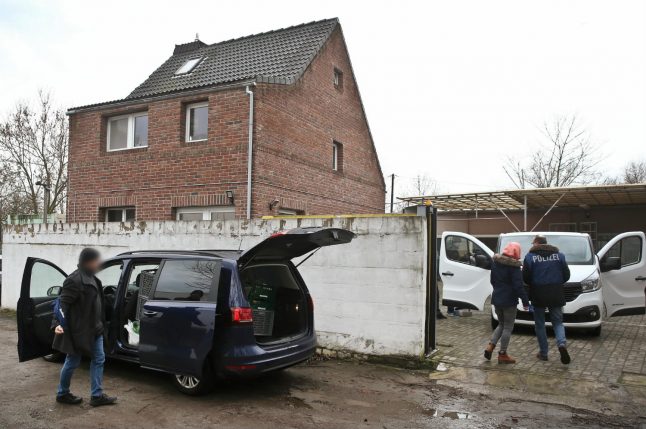The interior ministry declared bans against Mezopotamien Publishing and MIR Multimedia, based in North Rhine-Westphalia and Lower Saxony states.
SEE ALSO: Turkey arrests German national over alleged PKK propaganda
They had used the “disguise of publishing companies” to benefit the PKK, which Germany banned as a terrorist group in 1993, the ministry said.
The website of Mezopotamien Publishing advertised Kurdish political texts, including by jailed PKK leader Abdullah Ocalan, while the site of MIR Multimedia said it mainly promoted Kurdish music.
Turkey's President Recep Tayyip Erdogan, in a lingering row with Berlin, has accused Germany of doing too little to crack down on his opponents, including the PKK.
German Interior Minister Horst Seehofer said that “because the PKK is still active despite the ban in Germany, it is necessary to put the PKK in its place and enforce the law”.
The ministry said that the PKK is “by far the largest foreign extremist organization in Germany”, with an estimated 14,500 followers.
German law enforcement had launched thousands of proceedings against the PKK, prosecuted more than 90 people since 1992 and banned over 50 PKK-linked groups, the ministry said.
About three million people with Turkish roots, many of them ethnic Kurds, live in Germany, making them the largest immigrant group in the country.



 Please whitelist us to continue reading.
Please whitelist us to continue reading.
Member comments